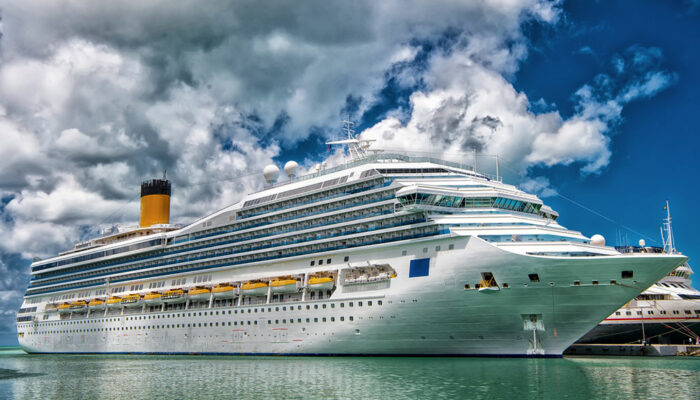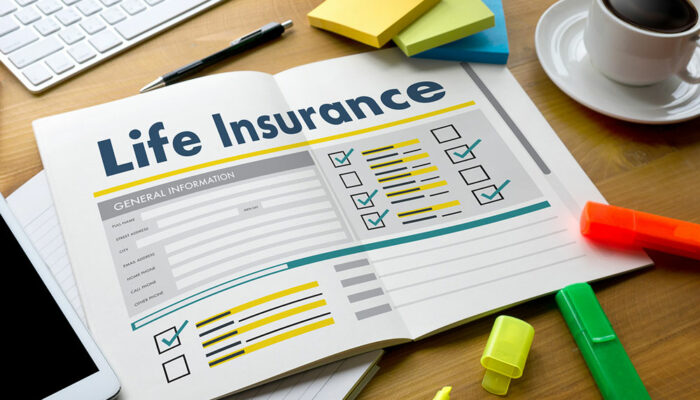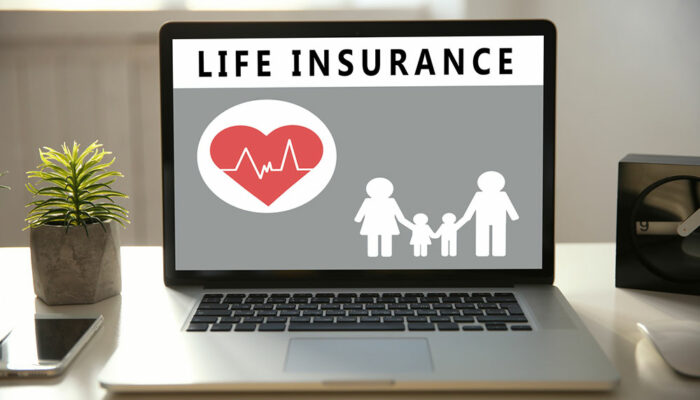insurance
10 Mistakes to Avoid When Buying Auto Insurance
Buying and claiming auto insurance was one of the biggest headaches for car owners a few years ago. But thanks to various apps and websites, the process is much easier today. Still, many people make mistakes while purchasing insurance online, which causes a lot of confusion. The following are typical errors to avoid when getting auto insurance. These tips will help you select the best policy in the market and enjoy a seamless process. Not assessing your needs There are dozens of auto insurance firms, each with a unique assortment of plans. While there is no best plan, some could suit your needs more than others. For instance, if you have a teen driver in the family, you should look for policies created for young adults. If you are a cautious driver, an insurer with a telematics plan can help you get rewards for your safe driving. Keeping all this in mind, you should go about your research to get the most suitable insurance quote. Not researching enough Shopping for insurance is like shopping for clothes—you must find the right fit for you and your vehicle. So, do not buy in a hurry. It would help to do some basic research before purchasing or renewing a plan.
Read More 













